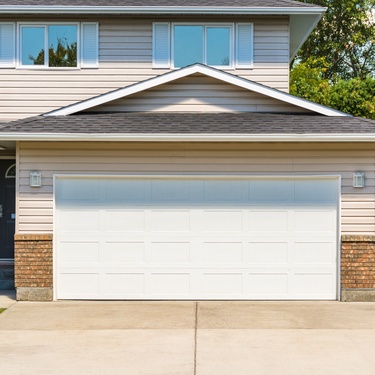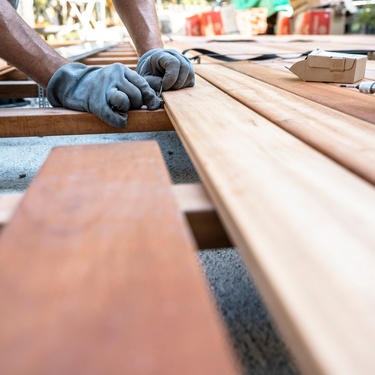Live
France24 English News Live StreamGlobal News
Global News Video PlaylistPBS
PBS News Video PlaylistNewsroom Features
The Fat Tuesday-Ash Wednesday Connection: From Feast to Reflection

See Special Report: The Fat Tuesday-Ash Wednesday Connection: From Feast to Reflection
Published Friday February 20, 2026
Ramadan 2026: A Month of Fasting, Faith, and Global Community

See Special Report: Ramadan 2026: A Month of Fasting, Faith, and Global Community
Published Wednesday February 18, 2026
Red Neon Chinese New Year of the Horse Sweatshirt — Glowing Stallion Graphic Crewneck

See Special Report: Red Neon Chinese New Year of the Horse Sweatshirt — Glowing Stallion Graphic Crewneck
Published Tuesday February 17, 2026
The Year of the Fire Horse: Origins, Legends, Global Traditions, and Meaning

See Special Report: The Year of the Fire Horse: Origins, Legends, Global Traditions, and Meaning
Published Tuesday February 17, 2026
🇺🇸 How Americans Are Celebrating Presidents Day: Parades, Traditions, and Long Weekend Plans

See Special Report: 🇺🇸 How Americans Are Celebrating Presidents Day: Parades, Traditions, and Long Weekend Plans
Published Saturday February 14, 2026
How to Reduce Wear on Heavy Equipment Parts

See Contributor Story: How to Reduce Wear on Heavy Equipment Parts
Published Wednesday February 18, 2026
Does Your Home Need a Wind-Rated Garage Door?

See Contributor Story: Does Your Home Need a Wind-Rated Garage Door?
Published Tuesday February 17, 2026
4 Fun Ways To Bond With Your Bridal Party

See Contributor Story: 4 Fun Ways To Bond With Your Bridal Party
Published Monday February 16, 2026
Best Practices for Managing Local Business Listings

See Contributor Story: Best Practices for Managing Local Business Listings
Published Sunday February 15, 2026
Common Mistakes Beginners Make in DIY Deck Construction

See Contributor Story: Common Mistakes Beginners Make in DIY Deck Construction
Published Saturday February 14, 2026
















